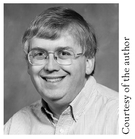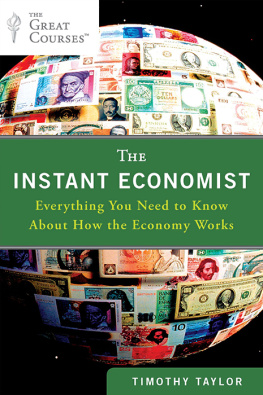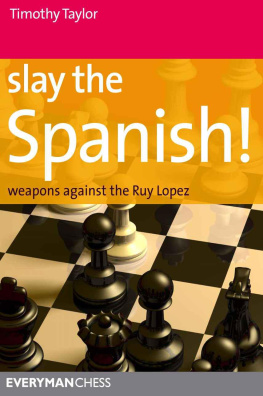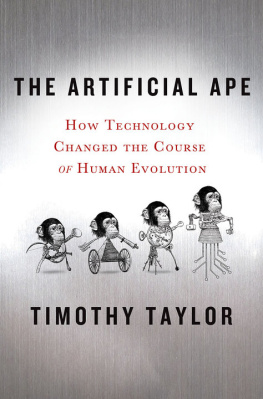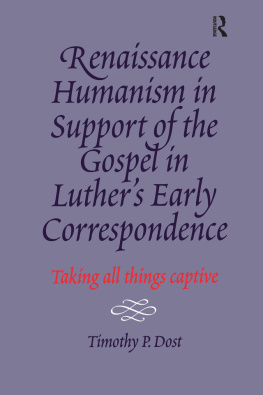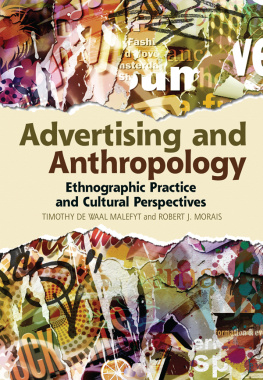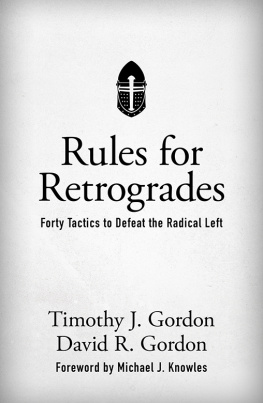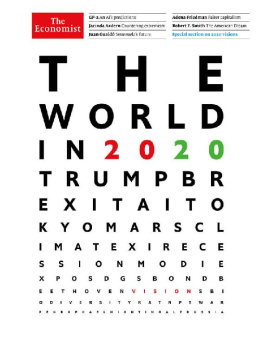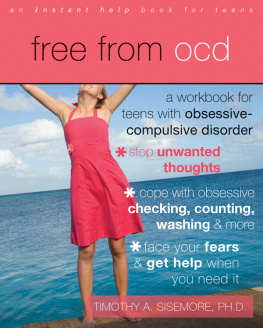A PLUME BOOK
THE INSTANT ECONOMIST
TIMOTHY TAYLOR has been managing editor of the prominent Journal of Economic Perspectives, published by the American Economic Association, since the journals inception in 1987. The AEA makes the journal freely available to the public at www.e-jep.org. Taylor is the lecturer for several recorded economics courses marketed by the Teaching Company, based in Chantilly, Virginia, including Economics (3rd edition), America and the New Global Economy, Legacies of Great Economists, and History of the U.S. Economy in the 20th Century. He is the author of an introductory economics textbook, Principles of Economics, published by Textbook Media. He has won student-voted teaching awards at Stanford University and at the University of Minnesota. He blogs at conversableeconomist.blogspot.com.
Founded in 1990, THE TEACHING COMPANY produces DVD and audio recordings of courses by top university professors in the country, which they sell through direct marketing. It is a nine-figure-a-year business and they distribute forty-eight million catalogs annually. They offer more than four hundred courses on topics including business and economics; fine arts and music; ancient, medieval, and modern history; literature and English language; philosophy and intellectual history; religion; social sciences; and science and mathematics.
CHAPTER 1
How Economists Think
Economists dont have much of a reputation as delightful company. Victor Fuchsa preeminent health care economist at Stanford Universitylikes to say, Some people talk in their sleep, but economists talk in other peoples sleep.
With that kind of encouragement, why study economics? Economic issues are central to many elements of our lives, including not only jobs and income, but also health care, education, retirement prospects, and Americas future position in the world economy. If youre going to participate in the great social conversation about economics, a conversation that is happening all around us, you need the ability to talk the talk. Maybe youve already discovered this the hard way: Youre having a friendly argument over the minimum wage, or the budget deficit, or national health insurance, and at some point the other person sniffs and says, Well, even the most basic economics shows that... and then repeats whatever his or her argument is. Now, in my experience, people who make assertions about what basic economics shows have only a fifty-fifty chance of being correct. But if you dont know any economics, basic or otherwise, you cant dispute the claim. All you can do is nod or shrug. As British economist Joan Robinson (1978, p. 75) once wrote, the reason to study economics is to avoid being deceived by economists.
How much economics do you really need to know to participate in such conversations, whether socially or professionally? Brace yourself for a shock: Herb Stein (1991, p. 6), who worked in various roles as a U.S. government economist for almost fifty years, noted that Most of the economics that is usable for advising on public policy is about at the level of the introductory undergraduate course. All right, maybe that advice wasnt a huge shock: we do live in cynical times. But the point is that you dont have to be eligible for that tenured chair in economics at Harvard or Stanford to hold your own in most everyday economics debates. You just need to understand the economists way of thinking.
Lets lay some groundwork, beginning with the three basic questions of economics:
What should be produced by a society?
How should it be produced?
Who gets to consume what is produced?
These three questions are fundamental to every economic system and indeed every society: capitalist or socialist or communist, low-, middle-, or high-income. Its useful to think of the possible answers to these questions as falling along a spectrum. At one end of the spectrum is total government control: government institutions determine what is produced, how its produced, and who gets it. At the other extreme, you can imagine a society in which individuals make all the decisions about what, how, and who. In the real world, of course, very few societies occupy either extreme.
Lets think about what it would mean to move along this spectrum. Putting aside pure anarchy, we could start at one end with a society in which the government provides only the basics for a market economy: prosecuting theft, enforcing contracts, and providing minimal infrastructure such as national defense. This is sometimes called the night watchman state. Farther along the spectrum, you can imagine a society with a slightly broader scope for government, adding public services such as roads and education to the night watchmans responsibilities. The next step might be taking on whats sometimes called a social safety net: a system of national pensions (such as Social Security) and nationalized health care. An even broader government might be responsible for supporting or even partial ownership of certain industries, such as steel or agriculture; it might control the distribution of food or basic consumer goods, such as housing. At the other extreme, you could imagine a government that hands out all the jobs, all the housing, all the food; one that determines what everyone makes and what everything costs.
In the great debate between government control and individual freedom, theres a long tradition of treating the people at the other end of the spectrum as if they were idiotsor monsters. But modern economics recognizes both that markets have their strengths and that, in some situations, markets dont work especially well and the government may have the ability to do something genuinely helpful. Modern economics also recognizes situations in which government intervention hasnt worked well and in which it would probably work better to let the market have a go. To think like an economist, you have to step beyond the ideological arguments about market versus government and get pragmatic. Its necessary to dig down into understanding how markets really work and what to do, in practical terms, when they dont work well.
With this idea of what economics is, its useful to clear away some misconceptions about what economics is not. For one thing, economics is not about predicting the future. Its a common complaint that economists cant say when a recession is going to start or end, or when the stock market will rise or fall. But economists arent fortune-ellers, able to predict every factor that might affect consumption or production in an economy.
Economics is also not about taking political sides. A lot of people ask me (often in a polite and coded way!) whether Im a Republican or a Democrat or a Libertarian or a Green, but in teaching basic economics, political affiliation isnt relevant. Economics is not about supporting business or labor, or Democrats or Republicans. Economics is a framework for thinking about the questions.
As an entre into how economists think, lets consider some statements that most economists would view as obvious but many noneconomists wouldnt.
Trade-offs should be taken seriously. Well, everybody believes that, right? Actually, no, they dont. Think about the question of whether, if a government needs to raise additional revenue, it should raise the tax on individuals or on corporations. In public discourse, this tends to boil down to asking, Which do you care about, corporations or people? But an economist sees the bigger picture. If you raise taxes on corporations, where do the corporations get the money? They could raise the prices of their products sold to consumers; they could cut the bonuses of top executives; they could cut the dividends they pay to stockholdersall of which would mean less money in the pockets of some actual person. My point here is not that corporate taxes should or shouldnt be raised, but that any sensible discussion of corporate taxes should focus on which actual people are likely to end up paying the tax. Similarly, when the media report on economic issues, they tend to start their stories with a person. Perhaps its Joe, who just got laid off from a job at a failing company, or Susan, who depends on a social program thats being cut. This is sometimes called putting a face on the news, and its effective journalism. But when I hear about Joe or Susan, I always wonder about all the people who arent in the news story but who are affected in one way or another by the same issue. As economists sometimes say, the plural of anecdote is not data. Many economic choices have the characteristic that they help some people and hurt others. Economists care about all the statistical people who are hurt or helped, not just the individual faces in a news report.
